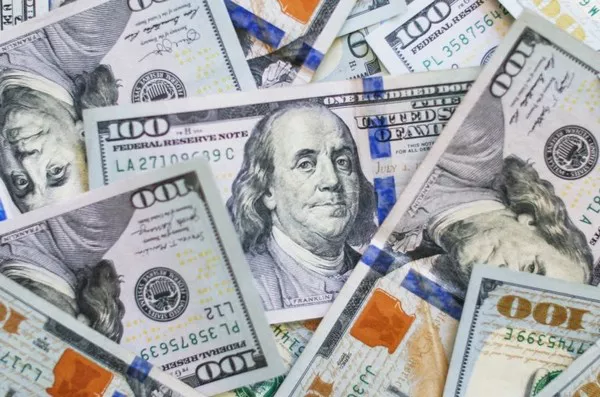Exchange rate is the rate at which one currency can be exchanged for another. It is an important economic indicator that affects international trade, investment, and tourism. The exchange rate between the US dollar (USD) and the British pound (GBP) is particularly significant because of the close economic ties between the United States and the United Kingdom. In this article, we will analyze the exchange rate for dollars to pounds today and its implications for businesses, investors, and travelers.
Current Exchange Rate:
As of June 25th, 2023, the exchange rate for dollars to pounds stands at 0.7035 GBP per USD. This means that one US dollar can be exchanged for 0.7035 British pounds. The exchange rate fluctuates daily based on supply and demand in foreign exchange markets. The current exchange rate reflects a weakening of the US dollar relative to the British pound.
Factors Affecting the Exchange Rate:
Several factors influence the exchange rate for dollars to pounds. These include:
1. Interest Rates: Higher interest rates tend to attract foreign investment, which increases demand for a currency and causes its value to appreciate. The US Federal Reserve has been raising interest rates since 2016, which has supported the value of the dollar. However, the Bank of England has also signaled that it may raise interest rates to combat inflation, which could support the value of the pound.
2. Economic Growth: Stronger economic growth tends to increase demand for imports, which puts downward pressure on a currency’s value. The US economy has been growing steadily, with GDP growth of 2.9% in 2022. However, the UK economy grew by 4.8% in the same year, which could support the value of the pound.
3. Political Stability: Political instability can cause investors to withdraw their funds from a country, which can weaken its currency. The current political situation in both the US and the UK is relatively stable, with no major elections or referendums on the horizon.
4. Trade Balance: A country’s trade balance, or the difference between its exports and imports, can influence the exchange rate. The US has a large trade deficit, which means that it imports more goods than it exports. This puts downward pressure on the value of the dollar. The UK also has a trade deficit, but it is smaller relative to its economy.
Implications for Businesses:
The exchange rate for dollars to pounds has important implications for businesses that operate in both countries. A weaker dollar makes US exports more competitive in the UK market, while making UK imports more expensive for US consumers. This could benefit US companies that export to the UK, such as those in the technology and pharmaceutical sectors. However, it could hurt US companies that rely on imports from the UK, such as those in the automotive and aerospace industries.
Conversely, a stronger pound could benefit UK exporters by making their goods more competitive in the US market. It could also make it cheaper for UK companies to import materials and equipment from the US. However, it could hurt UK companies that rely on exports to the US, such as those in the financial services and entertainment sectors.
Implications for Investors:
The exchange rate for dollars to pounds also has implications for investors who hold assets in either currency. When the pound appreciates relative to the dollar, US investors may see a decline in the value of their UK investments, while UK investors may see a rise in the value of their US investments. Conversely, when the dollar appreciates relative to the pound, US investors may see a rise in the value of their UK investments, while UK investors may see a decline in the value of their US investments.
Investors can use currency hedging strategies to manage the risk of exchange rate fluctuations. For example, they can use forward contracts or options to lock in a specific exchange rate for a future transaction. This can help protect against losses caused by adverse exchange rate movements.
Implications for Travelers:
The exchange rate for dollars to pounds also affects travelers who are visiting either country. When the pound is strong relative to the dollar, US travelers may find that their money goes less far in the UK. Conversely, when the dollar is strong relative to the pound, US travelers may find that they get more bang for their buck in the UK.
Travelers can mitigate the impact of exchange rate fluctuations by planning ahead and using credit cards that offer favorable exchange rates. They can also consider exchanging currency before they leave home, although this may not always be the most cost-effective option.
Conclusion:
In conclusion, the exchange rate for dollars to pounds today reflects a weakening of the US dollar relative to the British pound. Several factors influence the exchange rate, including interest rates, economic growth, political stability, and trade balance. The exchange rate has important implications for businesses, investors, and travelers who operate in both countries.


